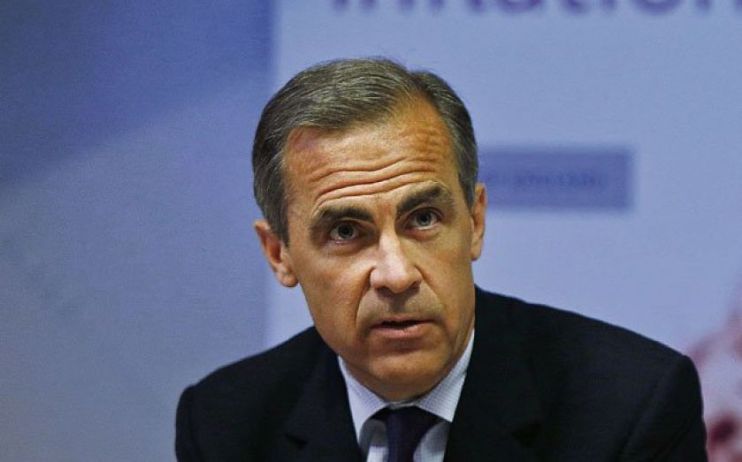Central banks running low on ammunition to fight recession, Mark Carney warns

Central banks may not be able to fight off a sharp economic downturn because their monetary policy arsenals are still depleted following the global financial crisis, outgoing Bank of England Governor Mark Carney has warned.
“It’s generally true that there’s much less ammunition for all the major central banks than they previously had and I’m of the opinion that this situation will persist for some time,” Carney said in an interview with the Financial Times.
Read more: Mark Carney appointed UN climate envoy ahead of Bank of England exit
“If there were to be a deeper downturn, [that requires] more stimulus than a conventional recession, then it’s not clear that monetary policy would have sufficient space.”
The BoE has raised interest rates to 0.75 per cent – slightly above their emergency levels during the global financial crisis a decade ago.
Carney – who has just over two months left in office – has previously raised concerns about the risk of a “liquidity trap”, in which central banks run out of the ammunition needed to combat a downturn because demand is so weak.
Financial Conduct Authority head Andrew Bailey is due to take over from Carney as BoE governor in March. Carney will take up a role as a special United Nations envoy for climate action and finance.
In a wide-ranging interview, the central banker also reiterated his view that the UK should not align its financial regulations with the EU post-Brexit.
“It is not desirable at all to align our approaches, to tie our hands and to outsource regulation and effectively supervision of the world’s leading complex financial system to another jurisdiction,” Carney told the FT.
He also predicted that the City could benefit from financing the transition to a low-carbon economy in place of some EU activity once Britain leaves the bloc.
“This happens to be a huge commercial opportunity for the City of London and the UK financial sector writ large.”
Read more: Andrew Bailey: Three issues the new Bank of England chief will have to tackle
However Carney said that the financial sector could not combat climate change alone, adding: “I don’t think the financial sector should be or will be a substitute for climate policy.”
“I don’t think that climate policy should be run by stealth though capital ratios or other use of prudential policy to shift incentives,” he said.